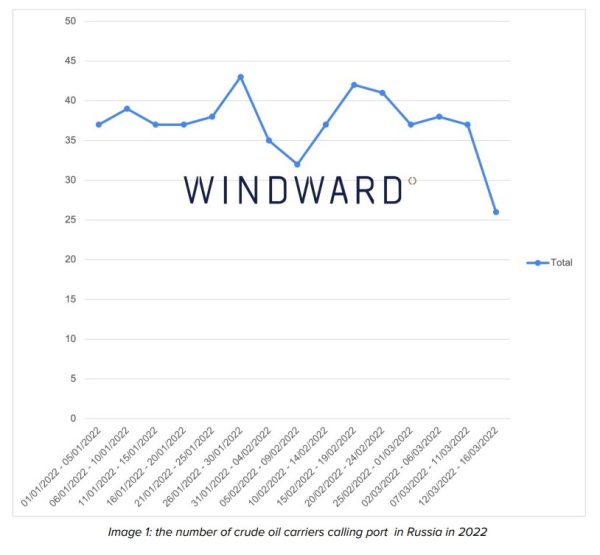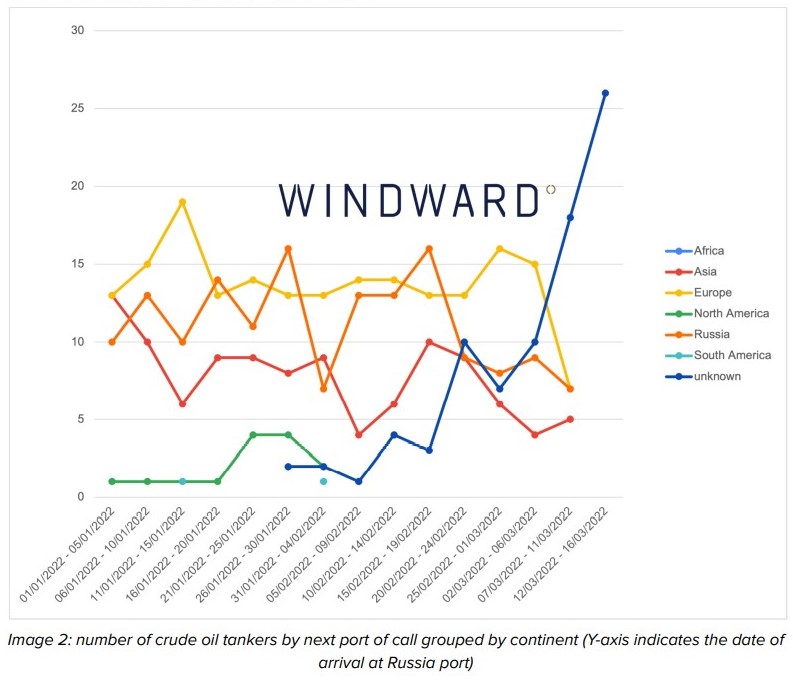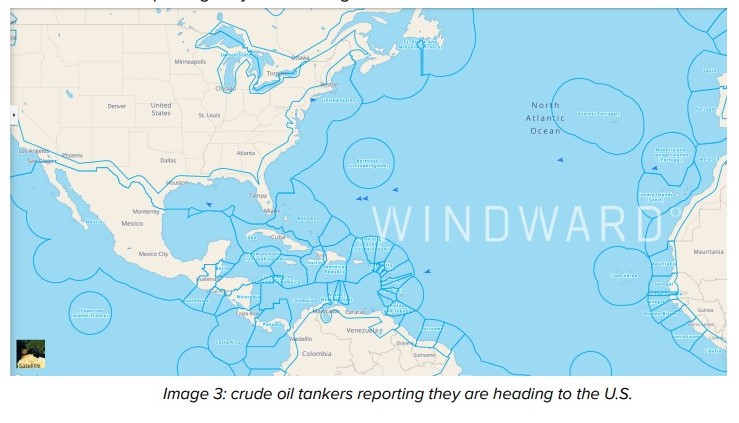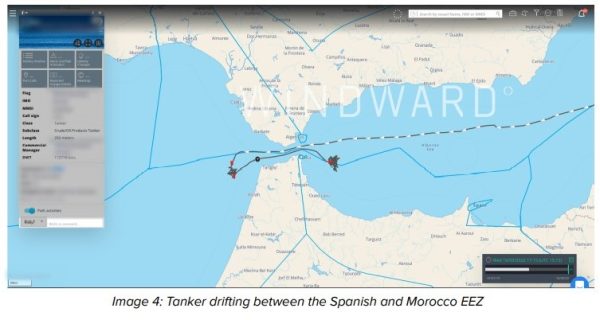Predictive Maritime Intelligence company Windward released its latest insights indicating that the effects of the U.S energy ban and the European Flag ban are beginning to kick in.
Last week the president of the United States declared a ban on the Russian energy sector. A few days after the announcement, it seemed like the industry was conflicted, as crude oil carriers were still arriving at U.S. ports with Russian oil.
But as the conflict expands and time passes, Windward’s behavioral data clearly indicates a decrease in crude oil tankers calling port in Russia.

Additionally, it seems like the U.S. ban, together with the market’s “moral sanctions,” are not only stopping vessels from entering Russia but are also affecting those leaving it.
Data clearly indicates that crude oil carriers departing from Russia are no longer calling port in Europe, Asia, and North America.
The only skyrocketing line is for destinations “unknown” – representing vessels that haven’t arrived at their destination yet. This indicates there are still about 46,000,000 Russian oil barrels are on their way to a destination out of Russia.

Another observation about those crude oil tankers that didn’t arrive at their final destination: nine of them are still reporting they are heading to the U.S.

One of the tankers reported as heading to the U.S. has actually re-entered the Mediterranean Sea, changed its reported destination, and has been drifting between the Spanish and Morocco EEZ ever since.

It may have taken some time, but the U.S energy ban and the European Flag ban are definitely coming into effect, causing great confusion for those out on the water.

































































